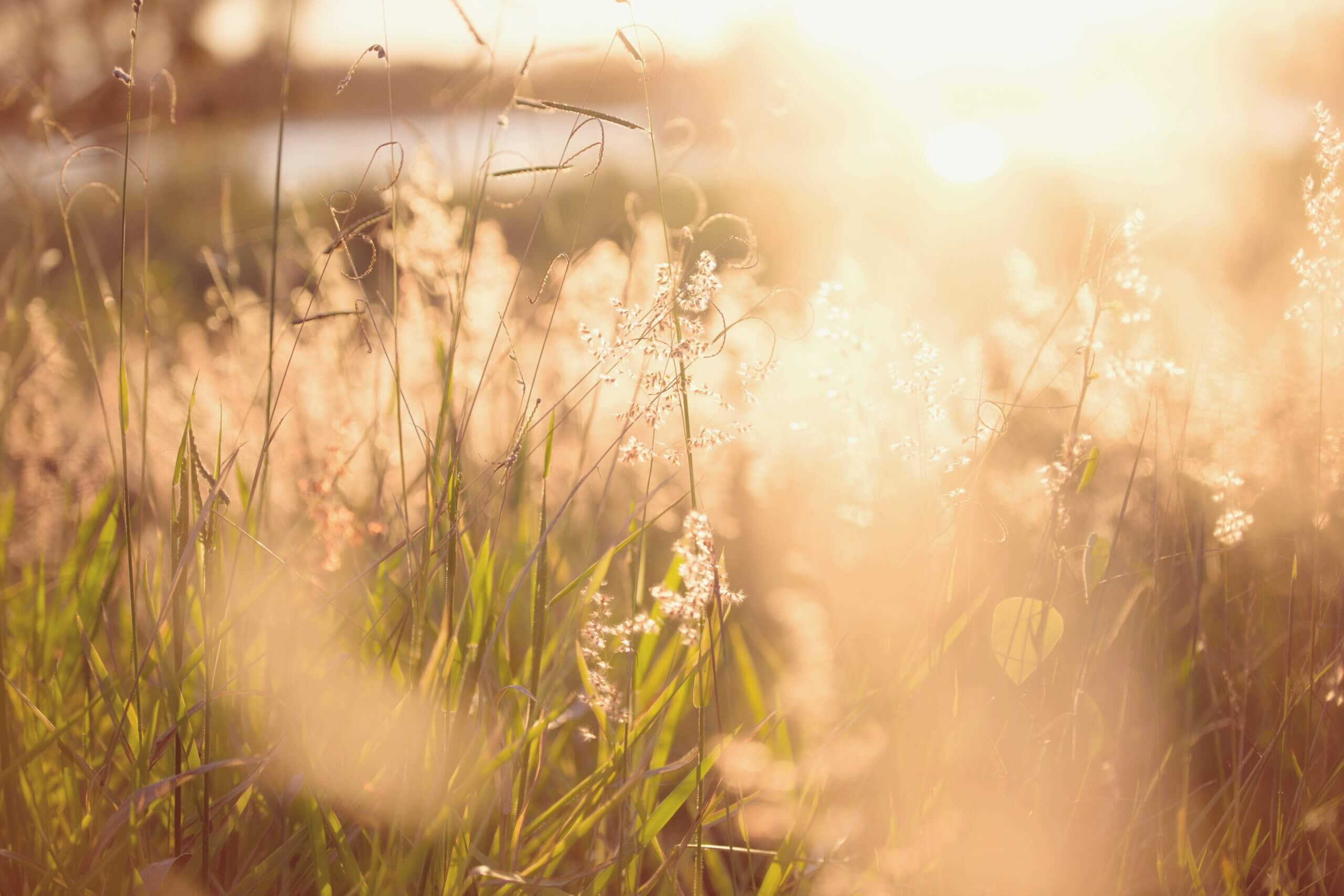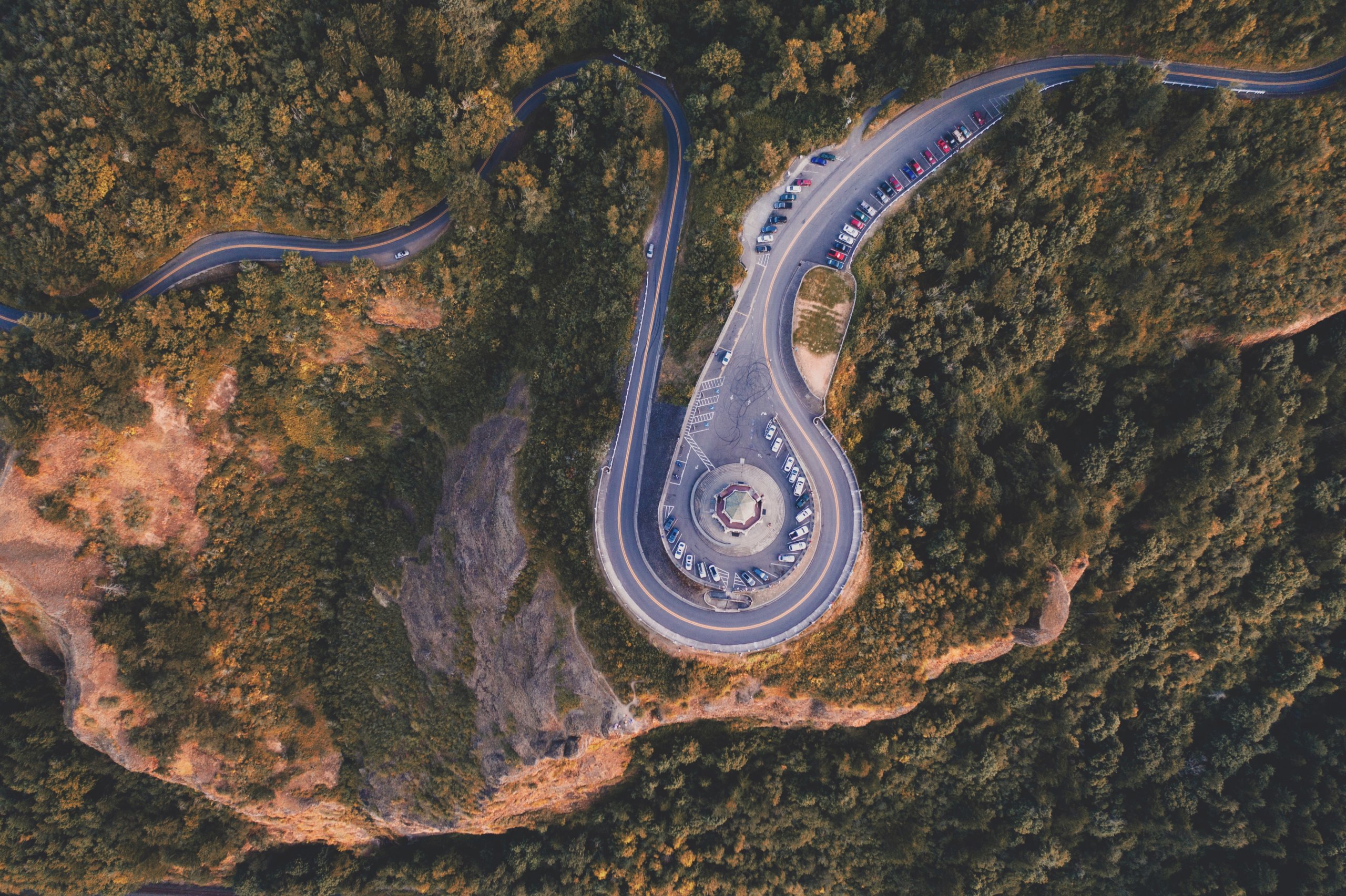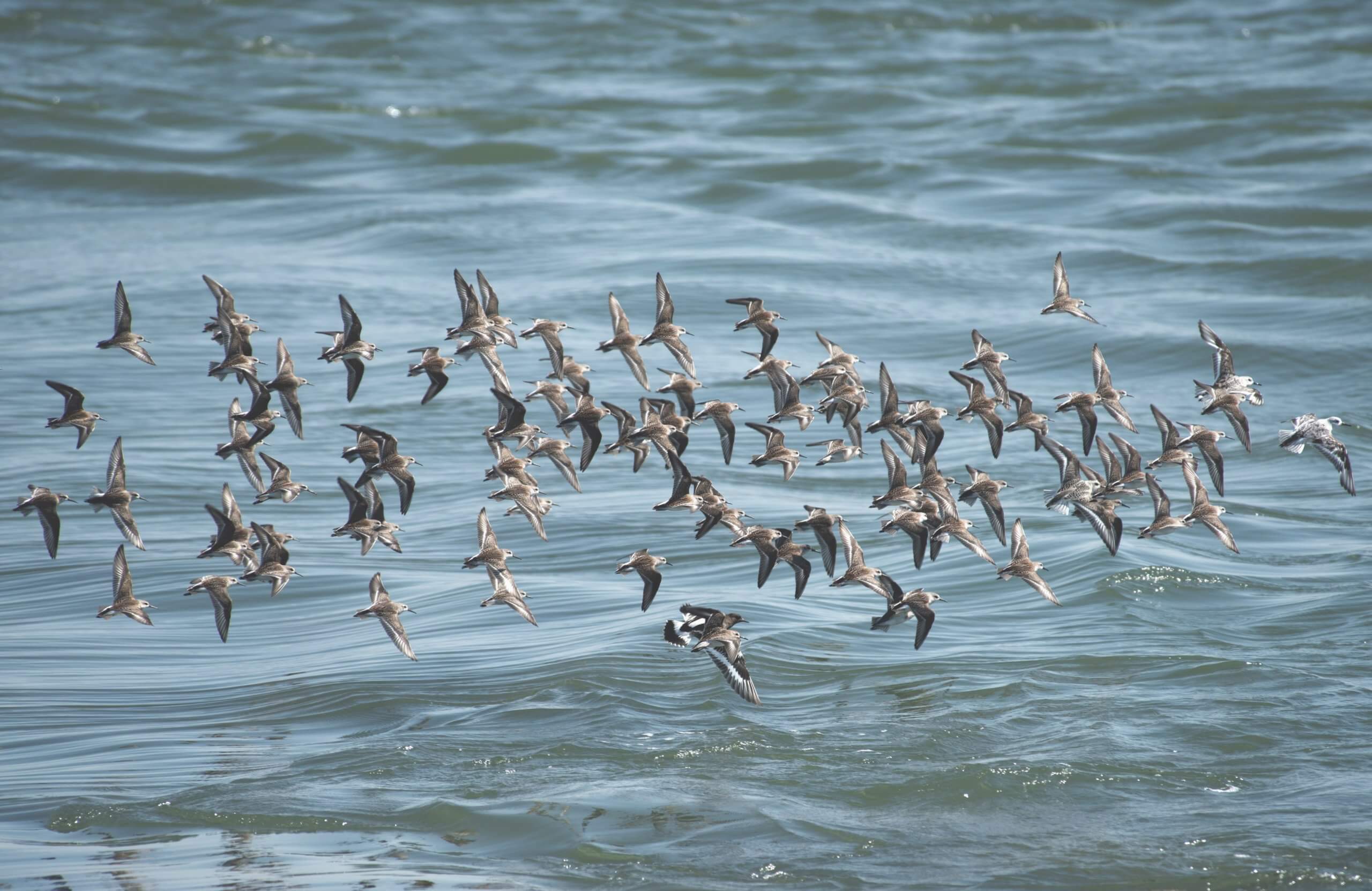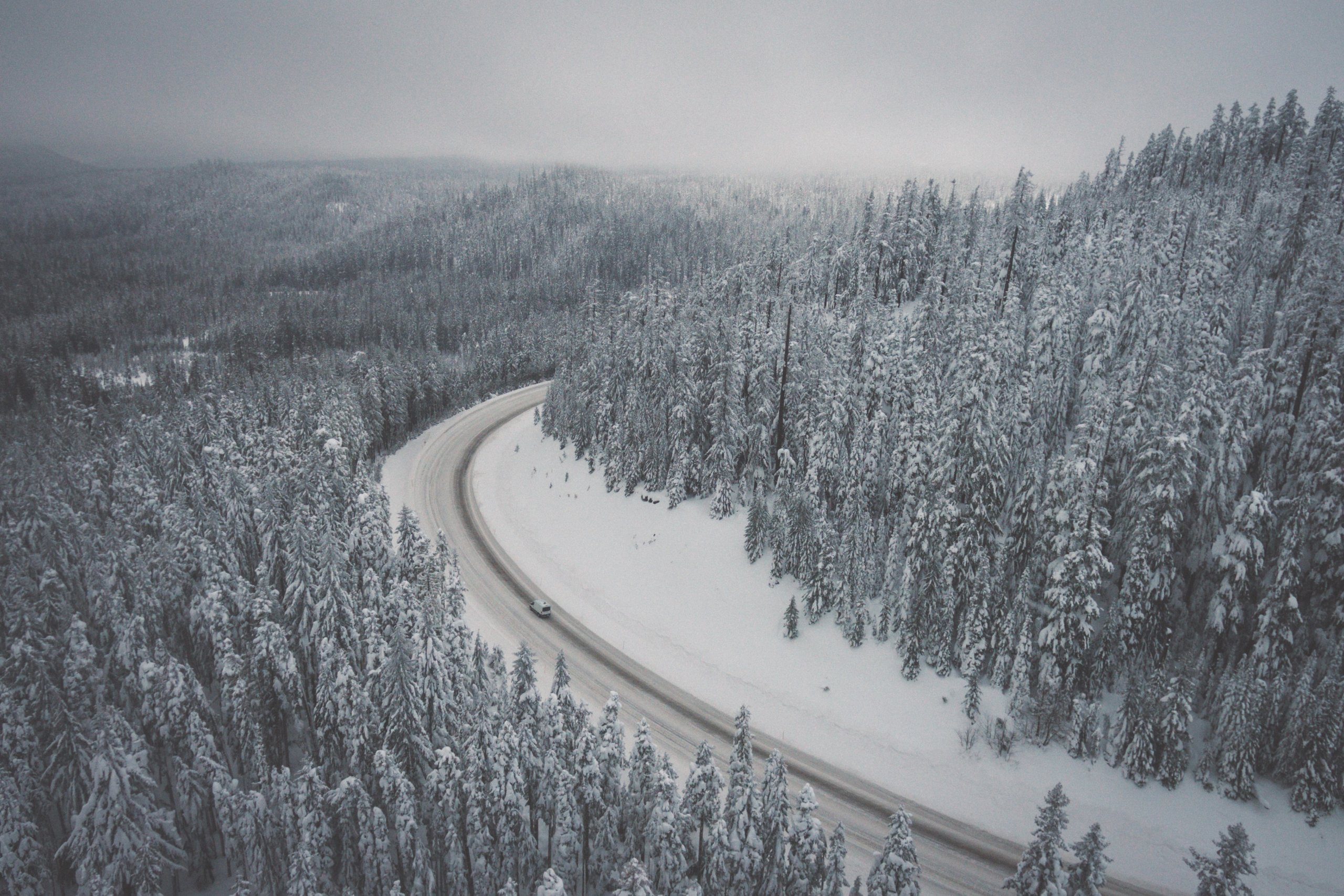At a conference featuring talks about biodiversity conservation in the face of climate change, you might not expect to have a panel talk focused around how to be personally resilient in the face of such challenges.
Yet that’s exactly what COMPASS’ plenary, titled “Building Resilience Starts with Us,” at this year’s North American Congress for Conservation Biology focused on. On July 18 in Reno, Nevada, our team assembled a group of panelists to discuss the need to invest in our personal and collective resilience as we work towards creating a sustainable future for people and nature.
Moderated by our Executive Director, Amanda Stanley, the panel explored a wide-ranging discussion of panelists’ individual journeys, their practices and strategies, and why we need to prioritize our own well-being and that of our community to be effective in conservation.
“We are at an important point in time in our world and cultures, where do we go from here?” asked panelist James Rattling Leaf, Indigenous consultant and principal of WoLakota Lab, LLC, to begin the talk. “What have we learned from the past in terms of supporting our people and supporting nature?”
Throughout the conversation, James and the other panelists focused on the vital role that community and culture play in building personal resilience, explaining that there are lessons in strength found throughout personal, family, and cultural histories. Because everyone has a unique experience, we can provide one another with opportunities for growth and collaboration.
Panelists offered a variety of strategies and practices for building our individual resilience, while also emphasizing the need to think about resilience from a systems perspective. Our organizations, institutions, and networks all have a role to play in creating environments where everyone can thrive. Resilience doesn’t mean just being strong enough to focus on a higher goal—it means stopping to smell the roses and taking time to acknowledge our differences, while simultaneously giving space for those distinctions to thrive.
“None of us can tackle these problems alone, and we need to embrace one another and our different strengths,” panelist and ethnoecologist Jonaki Bhattacharyya explained. “Work with what brings your strength into your work.”
“Instead of a well-oiled machine, how can your team be more of a thriving meadow?” asked panelist José Gonzalez, founder and director emeritus of Latino Outdoors. “No one says ‘that’s a beautiful monoculture forest’—we need diversity.”
But resilience isn’t just about being strong – it’s about opening ourselves up to the full range of emotions we experience doing the challenging work of conservation in a rapidly changing world. Karen McLeod, our Director of Leadership Programs, explained that resilience requires an ability to accept our own feelings as a fundamental part of who we are.
“This isn’t a journey towards bliss,” Karen said. “It’s about how we can be more present in the experience of the now, and a journey about how we can be with our grief while understanding that grief can open us to joy.”
Grief was an underlying theme of the conversation, with panelists pointing to the COVID-19 pandemic, climate change, and other events that have rocked the world over the last several years as sources of stress that have stretched people to their limit. That grief, however, is a strength in itself, providing a space for passion to peek through—and for joy to be even more rewarding.
“We work at the edge of heartbreak,” Jonaki said. “The grief and joy we feel can be an important part of the work and a source of strength.”
While other presentations, panels and talks over the week discussed the fine points of the technical definition of ecological resilience, COMPASS’s plenary stressed that personal resilience is what works for you, with Karen emphasizing that her practice is focused around understanding the “power of small” and what she can do for herself every day.
The hard work of resilience, panelists said, is to be able to hold two things at the same time: an acceptance of the difficulty of your work, and an ability to be joyous at the same time.
“It’s important to keep joy alive, and it’s necessary because the work is heavy,” José said. “It’s a good wellness practice.”



